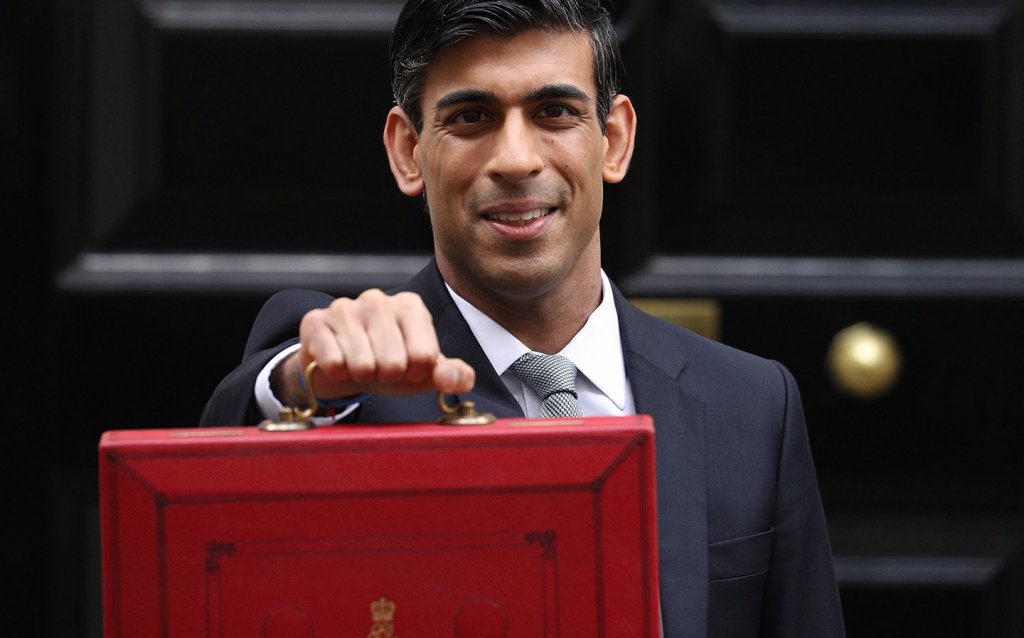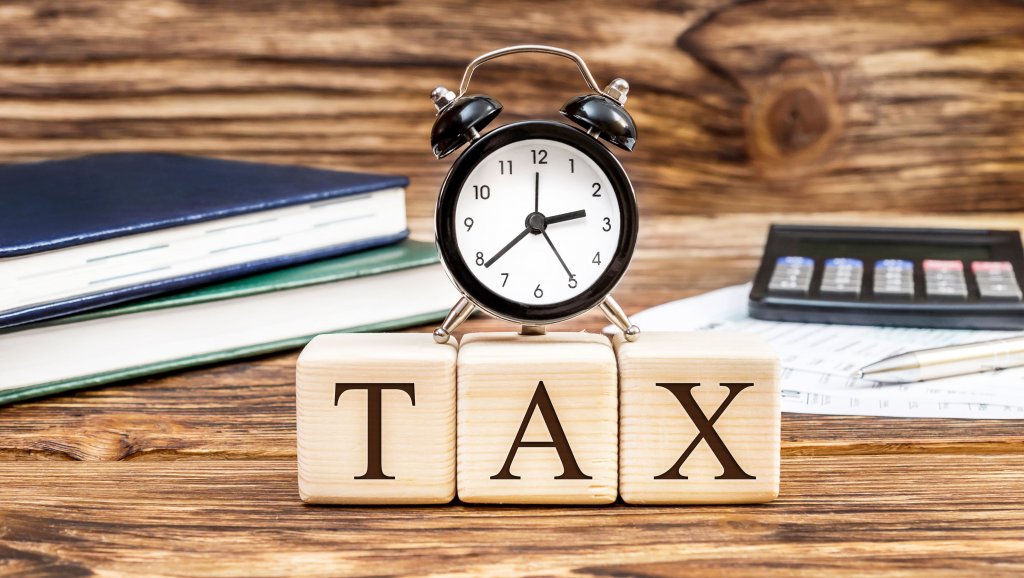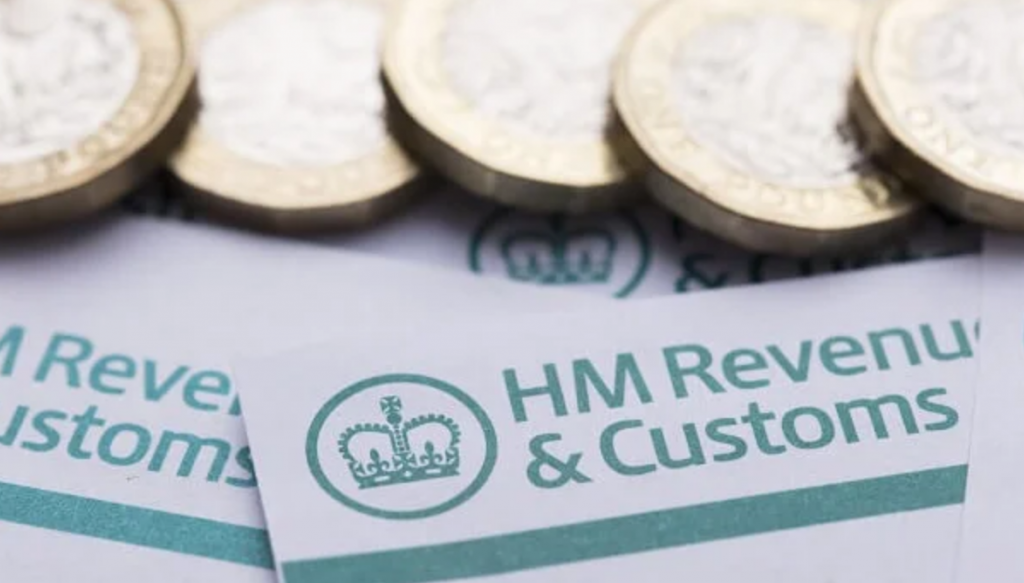Tax and Betting: Everything You Need to Know
Tax is one of the first things most new bettors want to know about. After all, no one wants to lose part of their winnings to the taxman.
Since we pay tax on most things, it is easy to assume that it applies to winning bets. Income tax, stamp duty and VAT are a few of the main taxes. Almost all of us come across them at some point. In fact, you have probably seen the saying that there are only three certain things in life. These are death, taxes and change.
Yet, when we look at taxes in betting, things aren’t that simple. Therefore, let’s take a closer look at this subject.
Do UK-Based Players Pax Tax in Winnings?
If you are based in the UK, you don’t normally pay tax on your winnings. The amount that you collect is yours. There is no need to even declare it in your tax returns. It might sound too good to be true. But we will see later that there is a good reason for this.

This rule applies regardless of whether you have won a pound or a million of them. It could be on football betting or horse races. Casino games and bingo are exactly the same too.
No tax is payable on the vast majority of betting in this country. There are some exceptions that you will want to know about. We will look at them in a moment. However, in sports betting and casinos there is no tax payable on winnings.
What if you aren’t based in the UK? Well, in that case it depends upon the laws in your country. In some places, the law is the same as in the UK. In others, you will need to declare your winnings. There is no hard and fast rule that applies to every country.
For instance, US citizens need to declare and pay taxes on their profits. France has one of the highest tax rates on gambling. Poland is another country that taxes betting profits. Canada, Germany and Australia are among the places with no gambling taxes.
Of course, the situation can change in any country. They may bring out new laws or tweak existing regulations. Therefore, you always need to check the current laws in your country. You definitely don’t want to fall foul of the taxman without knowing it.
This is pretty much all good news so far. There is no tax payable on your winnings in the UK. That isn’t the same as saying there is no tax at all, though. We need to delve a bit deeper to understand it all.
Why Is There No Tax on Winnings?
You might wonder why your gambling winnings aren’t taxed. We are used to seeing tax on just about everything. So why should betting be an exception? It seems unlikely that the government just decided to not bother with it.
The truth is that betting is taxed in the UK. It’s just that it is taken off directly from the operators. Consumption tax is passed directly from bookies to the authorities. This is how the Treasury makes huge amounts of money off betting.
Naturally, this affects the bookie’s profits. So it is taken into account in their odds. This means that you are paying tax after all. It just isn’t taken off directly from what you win. But it is there all the same.
Why is it so complicated? It would seem to be easier to just tax our winnings. Or add a taxable figure onto each bet we make.
More mature gamblers may remember a simpler time. This was when they paid tax directly on bets. The fact that it has changed is a long story. We can start to understand it by looking at the laws that govern betting.
The Changing Betting Tax Laws in the UK
Throughout most of history, there was no tax levied on betting in the UK. It wasn’t even legalised or controlled most of the time.
The Gaming Act of 1845 attempted to stop betting. All this did was drive it underground, though. This meant that there was no way of paying tax on profits. Later in the same century, certain types of gambling were made legal.

The laws concerning betting tax have changed several times since then. To fully understand this, we need to go back to the 1960 Betting and Gaming Act. This legislation made betting legal in the country away from racecourses.
It meant that betting shops could open up in High Streets. In fact, it led to an explosion in British gambling. The regulations meant that hundreds of licenses could be issued to bookies. Punters loved the fact that they could now bet so easily.
As part of this new legislation, a tax was introduced. This saw the bookmakers pay 6.75% tax. They passed this tax onto punters as a 9% betting tax. The customers could pay this in one of two ways. They either paid in with their stake when making the bet. Or else they left it to be taken off their winnings at the end.
Since 9% of the winnings is more than 9% of the stake, most people paid it upfront. This meant that the winnings would be paid in full. Therefore, some people still think that this is how it is done.
Betting tax law changes
Yet, law changes since then mean that this is no longer the case. The reason for the change was the growing number of offshore gambling firms. The arrival of internet gambling changed the entire industry.
If a British company moved abroad, they could offer tax-free betting. Suddenly, the existing British laws were rendered invalid. British punters used British bookies based offshore but no tax was collected. A new law was needed to correct this loophole.
The new law was introduced in 2001. This meant that the previous levy we looked at was removed. However, it was replaced by a 15% tax. This amount was now to be taken off the gross profit made by the operator. To punters, this looked like good news for them. The bookie was paying the tax rather than them.
The 9% tax disappeared from betting slips. Yet, it would be naïve to think that the bookies just accepted this and paid it. Instead, they passed on the new tax to their customers indirectly. This could be seen in the shape of less attractive odds.
This change led to greater income for the British government. It didn’t harm the bookies either, as many posted record profits in the following year. Punters were generally kept happy too. Since they couldn’t see any taxes, it felt like there were none.
Further Tax Betting Law Changes
The 2001 change was a step in the right direction for the government. But they wanted to get more taxes from this growing industry. The problem was that the new regulations taxed at the point of supply.

Many more big name operators moved abroad. They went wherever the tax levied was lower than in the UK. Gibraltar was a particularly attractive destination due to low tax rates. It soon became a hub for British gambling firms looking to pay less tax.
Even traditional, land-based bookies moved their online betting abroad. The High Street branches still paid full UK tax. But the massively successful online operations were making fortunes. And paying virtually no tax.
This meant that a further law change was needed. It came in 2014, when the 2005 Gambling Act was amended. The change brought in a 15% point of consumption tax. It applied to all of the operator’s profits.
What this did was force companies based overseas to pay the tax on profits from British gamblers. If they wanted to keep their UK license, they needed to comply.
2018 brought us another important change. This time, the Chancellor added a 21% point of consumption tax rate. This was bumped up from 15% for games of chance. So, it covers the likes of slots and card games.
The new rate was brought into force in October 2019. As we have seen in the past, the operators pass on any new taxes to customers. Therefore, the returns to casino players will reflect this new tax rate.
What Does This Mean for the Future?
As we just saw, the higher tax rate is likely to mean lower profits for gambling firms. However, given the profits made by this industry, some people still hope that the casinos will cover part of it.
Another issue is whether it causes some operators to leave the British market. This has long been a hugely profitable place for betting companies to do business. Brits love to gamble and there are big profits to be made.
Yet, there are fears that more taxes will drive casinos away. The British market could become unprofitable for them. This is especially true if they pass on too much of the tax to customers. This could drive people away to other sites.
It is a difficult balancing act for online operators. They don’t want to pay too much in taxes. But they can’t afford to become uncompetitive either.
The fact that most casinos operate in other markets too is another issue. Some of them may decide that it is better to concentrate on countries with lower taxes.
What About Professional Gamblers or Visitors?
There are a couple of situations that people sometimes think are exceptions to the rule. For instance, it is commonly believed that pro gamblers pay taxes on winnings.
This isn’t true. They are subject to the same rules as everyone else. They pay taxes indirectly. But they don’t pay direct taxes on their profits. This is the case even for someone who earns all of their money in this way.
The next big issue is around visitors to the UK. Do they need to pay taxes on gambling? Or perhaps they can claim it back when they get home?
Well, they are subject to the same rules in the UK as anyone else. Visitors from abroad don’t pay tax on their winnings. They get to keep the full winnings while they are in Britain.
Yet, we saw earlier that different countries tax gambling profits. If they are from one of these countries they may have to declare it on their return. It really depends upon their home country’s rules and regulations.
Anyone in this situation needs to consider how to get the money home too. There is a limit on how much physical cash can legally be taken out of the UK. This is currently set at €10,000, or equivalent in another currency.
What If You Win Money While Abroad?
Can you imagine the joy of winning a big sum while on holiday? You are sure to think about whether any tax is due on it, though.
As we have seen, the UK doesn’t tax betting profits. You don’t need to declare anything when you get home. What about taxes in the country where you earned the money?
It really depends which country you bet in. If they tax profits then you will pay the tax there. This is likely to be taken off automatically. But that isn’t always the case.
As with visitors to the UK, taking the profits home can be tricky. You will be subject to cash limits on the amount that you carry with you. This limit will be determined by the country that you are in.
Sending back a transfer to your UK account might be easier. But this can be expensive, especially if you are outside of Europe.
What Are the Exceptions?
I mentioned earlier some exceptions to the general rules. These are spread betting, index betting and binary options. They are treated differently because of how they are governed.
None of these types of betting is controlled by the UK Gambling Commission. Instead, they are regulated by the Financial Conduct Authority. Most people still don’t need to pay capital gains tax or stamp duty on their profits.
However, it could be your main job or your main source of income. In either of these cases, you need to pay taxes. This is because you are classed as a trader. You could also write off any losses.
Another interesting situation is when you are a stock market trader. In this case, you pay capital gains tax and stamp duty.
Should I Declare Big Winnings?
Let’s imagine for a moment that you strike it lucky. A big win has given you hundreds of thousands of pounds. Or maybe you have become an instant millionaire. It has happened to other people, so it isn’t impossible.
It is understandable that you could feel nervous. You might feel as though you are hiding something.
You don’t need to declare. No tax will be paid on it anyway. The tax authorities don’t need to know about any winnings. It doesn’t matter how big or small they are.
Having said that, you can choose to declare this if you want to. There is a place on the tax return where you can declare winnings from betting. It still won’t be subject to tax, though.
The only real reason to do this is to put your mind at ease. I suppose that it might also help if you are ever investigated by the taxman in the future too.
Keeping detailed evidence of your win is probably more important. This will give you the proof you need if you are ever contacted by the tax authorities. For instance, they might be alerted by big cash purchases that you have made.
Passing Your Winnings to Other People
Things get a little bit more complicated now. This is because you might decide to gift your winnings to friends or family. Or they might inherit the money when you pass away.
In terms of inheritance, it depends upon the size of your overall estate. If it is big enough, this tax will be payable.
As with most assets, it makes sense to gift it while you are alive. Currently, you can give £3,000 a year to someone with no tax due on it. One possible issue here is that inheritance tax is due if you die within 7 years of the gift.
Inheritance laws are notoriously complex. They also tend to change according to the latest budget. If you are thinking of gifting your winnings then check the current rules.
Tax and betting in the UK: Conclusion
Not having to pay taxes on your winnings is a good thing. However, you shouldn’t mistake this with there being no taxes at all.
The taxes paid by operators have increased in recent years. This is still a highly profitable industry. Part of the reason for this is that they pass on any taxes to their customers. So you will be paying taxes indirectly on every wager.
This situation is unlikely to change any time soon. The only possible issue on the horizon is whether operators decide that the market is uncompetitive. This seems far-fetched right now, but any further tax increases may prove to be too much.

